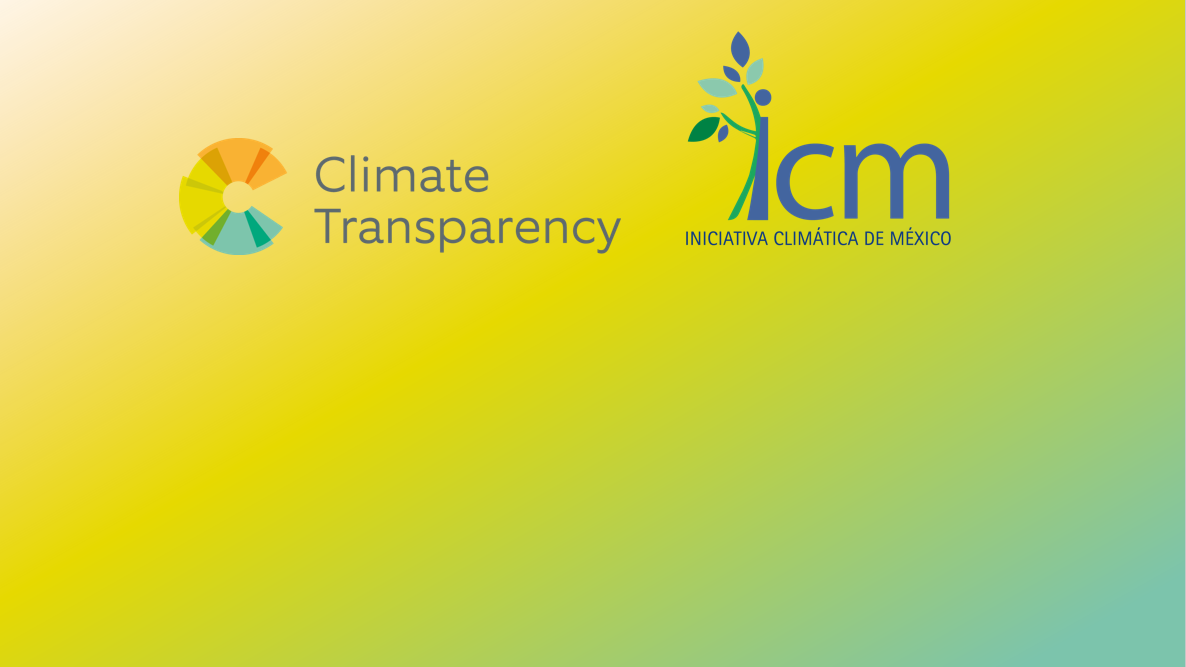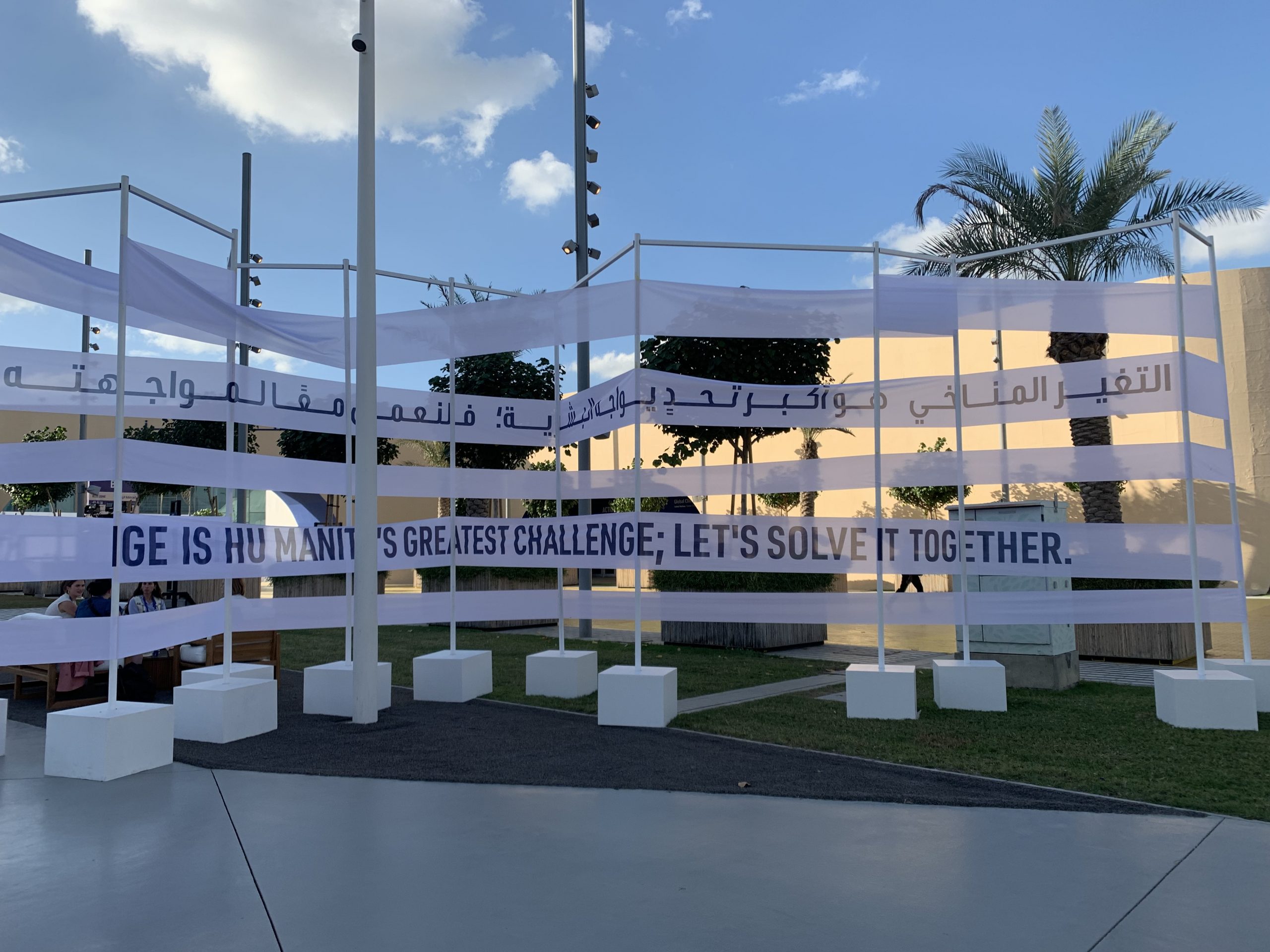Climate action in a context of crisis
Under this premise, Fundación Ambiente y Recursos Naturales (FARN) presented on 31st October the new Climate Transparency Report (CTR), the global report that each year brings together specialists from all over the world to promote ambitious climate action among the G20 countries. This year’s report highlights the link between the climate emergency and the energy crisis.
This year’s virtual event was entitled “Climate action in a context of crisis” and began with Daniela Keesler, researcher at the Centre for Environmental Technologies and Energy of the National University of the Centre (UNICEN), and collaborator in the preparation of the CTR 2022, who presented the most relevant conclusions of the report, focusing on Argentina’s Country Profile: “Argentina is not taking specific measures to reduce emissions from the energy matrix since, in the last period, for each unit of energy generated, carbon dioxide emissions have remained the same”. He added: “although there has been a recent increase in the share of renewables, it is not enough to reverse this trend in emissions”.
Finally, she highlighted the consequences that the country could experience if it continues on this path and mitigation and adaptation measures are not implemented: “some of the main impacts, which will be increasingly frequent in the near future, are: heat waves that impact on the health of the population, crops and increase energy demand, increased frequency of more intense rainfall with increasingly longer periods of drought that favour forest fires and generate stress in different and diverse economic activities”.
The webinar continued with a space for dialogue entitled “How to think about the energy transition in the current geopolitical context” in which Pilar Assefh, co-founder of Journalists for the Planet (PxP), and Gabriel Blanco, researcher at the Centre for Environmental Technologies and Energy of the National University of the Centre (UNICEN) participated.
In his introduction, Blanco mentioned that Argentina considers that it is not part of the problem, which must be refuted from a factual point of view [the country’s per capita emissions are above the average of the G20 countries] and on the basis that the energy system is concentrated in a few resources, on which we as a country do not set the rules.
Along these lines, he also stressed that the energy transition in Argentina is possible, but that two key words must be taken into account: diversification and decentralisation. With regard to the former, to begin to follow paths that diversify the [natural] resources we use; with regard to the latter, to involve more actors who can take action, deciding the game they want to play. Finally, he added: “the numbers show that in a rapid transition, in 5 years, we can replace 30% of fossil fuels. In economic terms, Gabriel said that an alternative and diversified energy system is, in the long term, more economical than the current model, which is not free and requires between 10 and 15 billion dollars per year.
To conclude the dialogue, it was stated that it is necessary to review the current development model in a more comprehensive way, to ask ourselves what we understand by progress and what aspirations we have as a society, since the steps that are currently being taken in our country continue to deepen the current model of expansion of the hydrocarbon frontier, which does not contribute to the goal of achieving carbon neutrality by 2050.
In the third and last block of the virtual event, a round table debate was opened with questions to the public, moderated by Pilar Assefh, in which the measures being taken by Argentina in terms of adaptation were discussed. Blanco commented that Argentina has some planning and early warning measures in place, but implementation on the ground is not happening as it is not clear where to start and there is no adequate funding.
Finally, in the framework of COP27 and taking into account one of the questions in relation to the National Climate Change Adaptation and Mitigation Plan and the Long-Term Strategy (LTS), Gabriel commented that Argentina has been working on a National Plan that tries to approach the concept of mitigation and adaptation, but nothing talks about the hydrocarbon policy and its continuity in Argentina.
At the end of the webinar, Blanco stated that any energy transition will require fossil fuels for many years, but that the difference lies in the expansion of infrastructure: when this happens, the transition is not thought of, but rather in deepening the current model.
About the Climate Transparency Report 2022
The Climate Transparency Report analyses the climate performance of G20 countries. The results of this year’s report clearly show that it is imperative that all countries, especially the larger ones, must do more to stabilise the global climate and prevent serious impacts; that is, to promote sustainable, emission-free development.
What does Argentina need to do to address the climate emergency?
The CTR 2022 finds three key opportunities to increase our country’s climate ambition:
- End fossil fuel exploration and investments in fossil fuel infrastructure.
- Expand the participatory process in developing the long-term low-emissions strategy.
- Protect natural ecosystems, such as forests and wetlands, as they are critical for climate change mitigation and adaptation.







